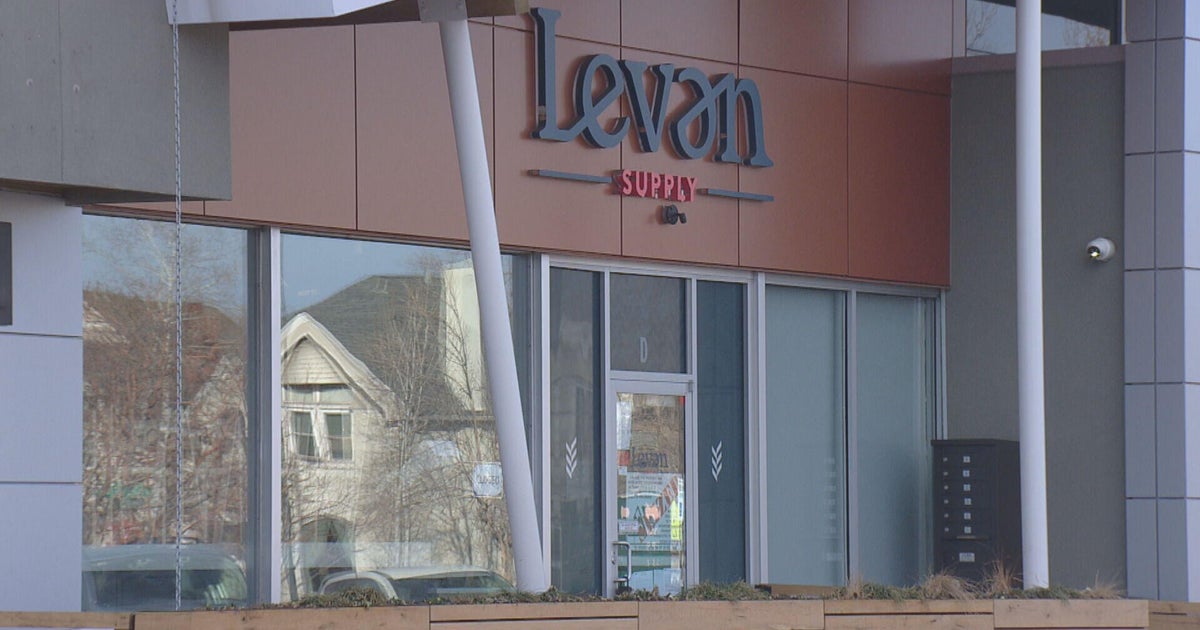Corporate profits are booming. That may leave padding to absorb higher wages.
U.S. corporate profits have never been fatter — or accounted for a bigger portion of economic growth, recent figures released by the U.S. Bureau of Economic Analysis show.
Third-quarter after-tax profits made up about 11% of GDP, a measure experts typically use to gauge the nation's economic health. It's been nearly a decade since that proportion was even close, according to BEA figures.
One reason? Companies were able to boost prices amid supply chain snags, leaving consumers paying more for everything from gasoline to food to toys. Corporate expenses haven't climbed as quickly, even as firms grapple with labor shortages and higher wages. On average, profit margins rose almost 13% in the third quarter, higher than the five-year average, according to figures from FactSet.
The pace of profit margin increases is forecast to slow slightly in the fourth quarter, with companies in the S&P 500 expected to report profits rising almost 12% on average. Energy, industrial, materials and information technology groups are expected to lead the climb at year-end, FactSet said.
All that profitable padding may leave room for some companies to handle both inflation and wage demands without hiking prices, economists at Oxford Economics said in a recent note.
"Historically elevated profits margins"
"With the corporate sector enjoying historically elevated profit margins, we believe firms have some scope to absorb further rises in wage growth without having to raise prices aggressively," they wrote.
Millions of Americans have been slow to return to the job market, with about 4.7 million fewer people in the labor force than prior to the pandemic. That sent wages higher in November as employers tried to lure workers, with average hourly earnings increasing by 4.8% from a year earlier.
Companies may keep sweetening offers, Robert C. King, director of research at the Jerome Levy Forecasting Center in Mount Kisco, New York, recently told Bloomberg. A survey of CFOs by the Federal Reserve Bank of Richmond found companies remain optimistic about economic growth for 2021, but expect expenses to keep rising well into 2022.
"If profits are strong, there's going to be continued demand for workers, and in a tight labor market there's going to be continued upward pressure on wages and compensation," King said.



